Epithalon (Epitalon) has been widely recognized for its role in maintaining telomeres, which serve as the protective caps at the ends of DNA strands (chromosomes). These structures prevent DNA from breaking down as it replicates during cell division. However, telomeres themselves experience wear and tear, eventually shortening to a point where they lose their protective function. When this occurs, a cell either undergoes programmed death, known as apoptosis, or enters a dormant state referred to as senescence. Both processes contribute to aging, reduced cellular efficiency, and an increased risk of disease. Senescence, in particular, is considered a key factor in the progression of age-related disorders.
Epitalon has been found to stimulate the production of an enzyme called telomerase, which helps to repair and preserve telomeres. Enhanced telomerase activity slows cellular aging and supports prolonged cellular function. As a result, overall aging processes appear to decelerate. Studies in animal models suggest that Epitalon could extend lifespan by up to 27% by promoting telomere maintenance[2], [3].
Beyond telomerase activation, Epitalon has also been observed to influence gene expression by modifying DNA structure. This phenomenon, known as epigenetic regulation, has attracted significant scientific interest due to its potential to control gene activity with precision. Researchers are exploring ways to leverage epigenetic mechanisms, which could one day enable the modification of traits such as eye color, cognitive abilities, or even lifespan.
Micro-encapsulated Epitalon has demonstrated impressive oral bioavailability in laboratory research, suggesting its potential for enhanced absorption and effectiveness in scientific studies.
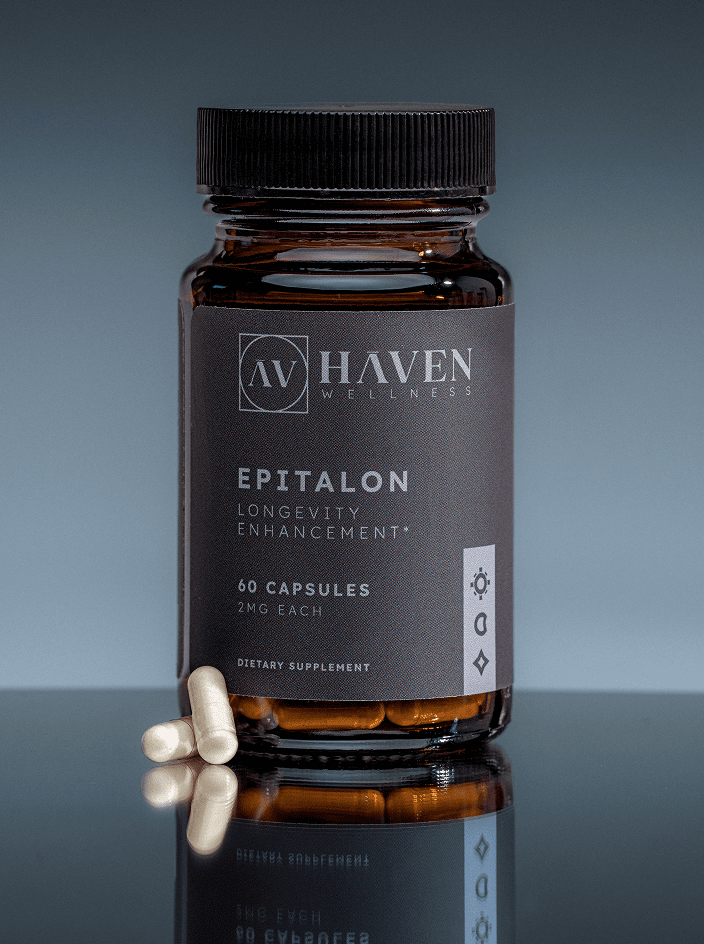
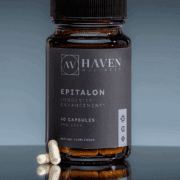
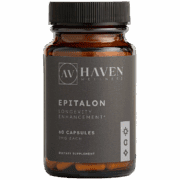
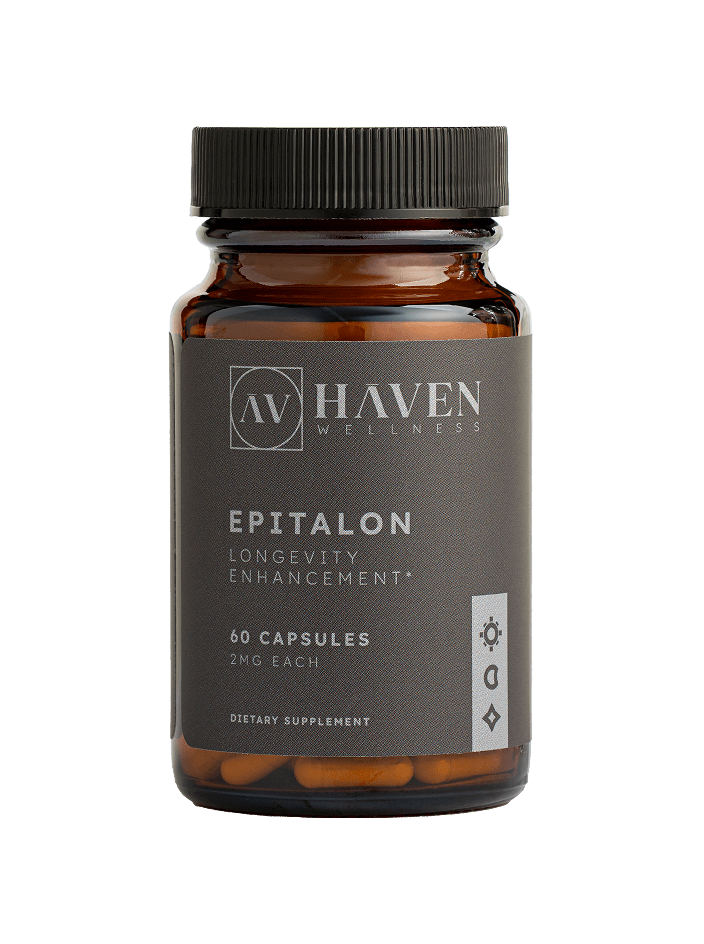
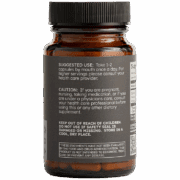
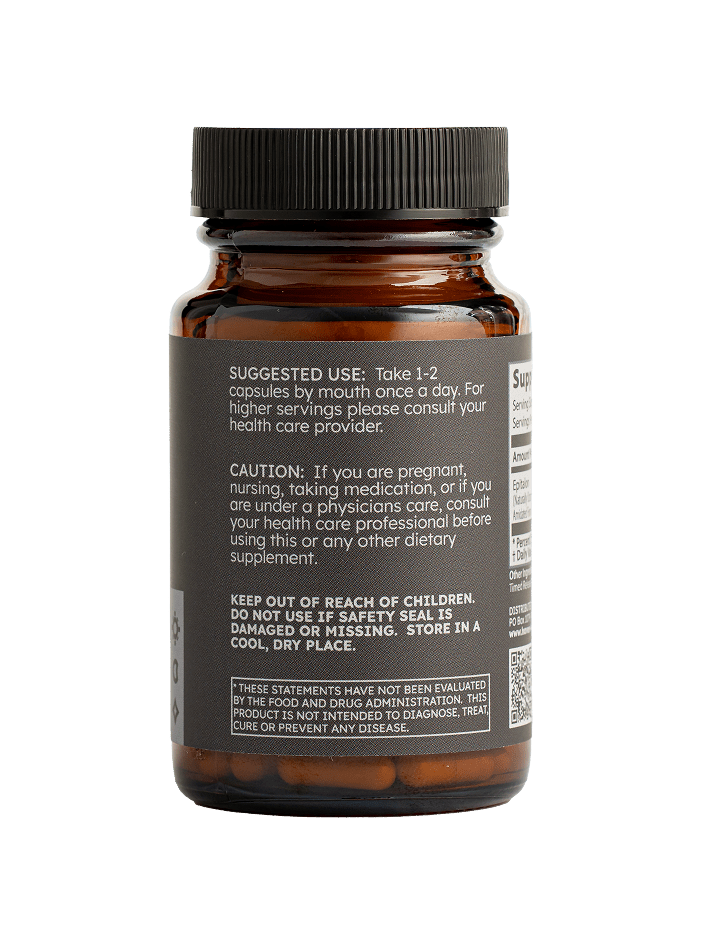
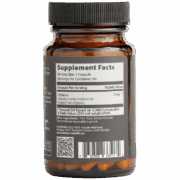
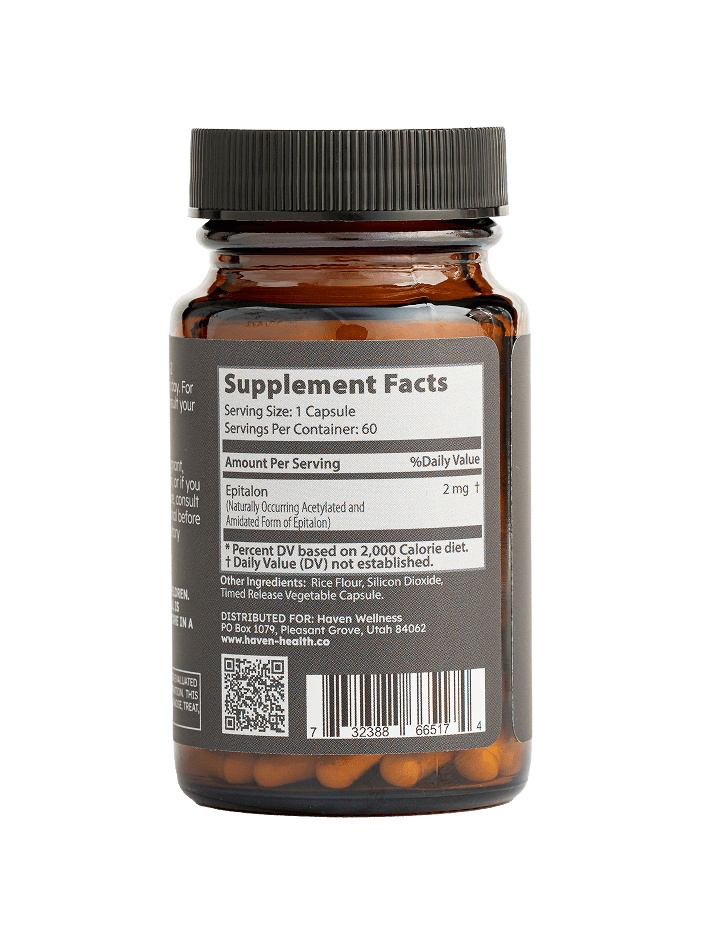
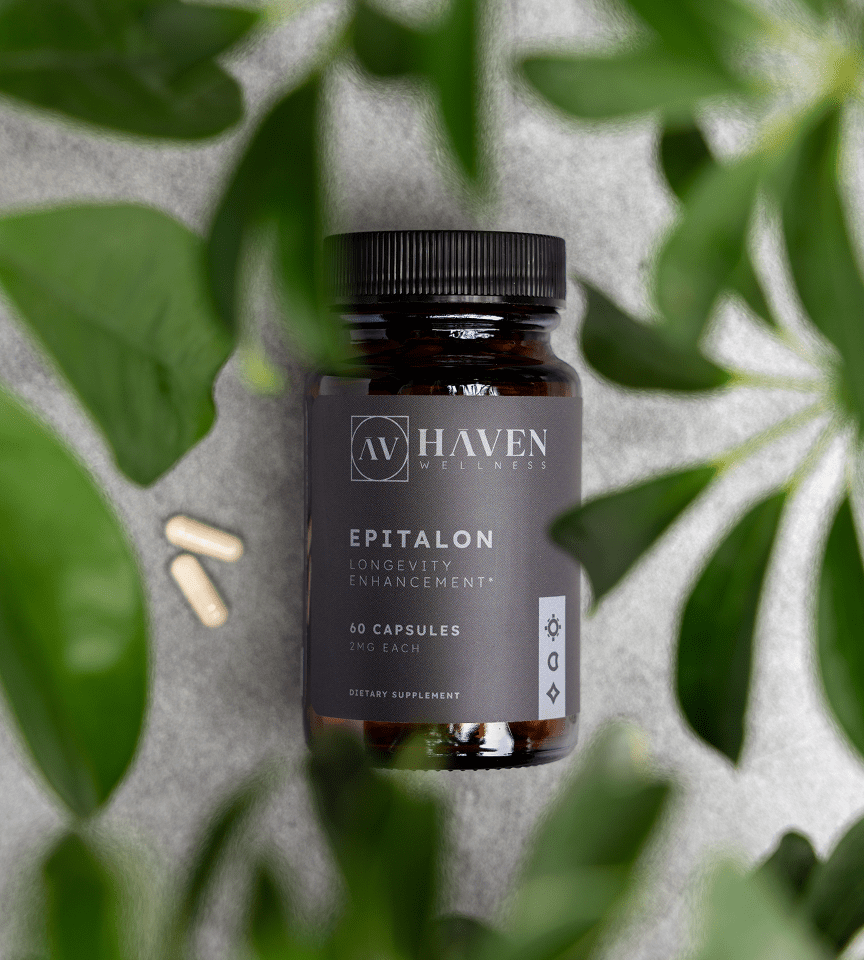
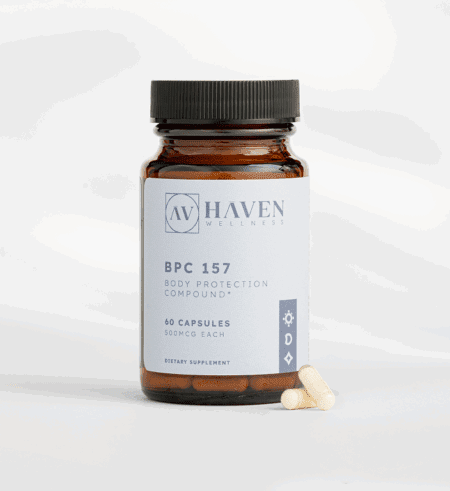

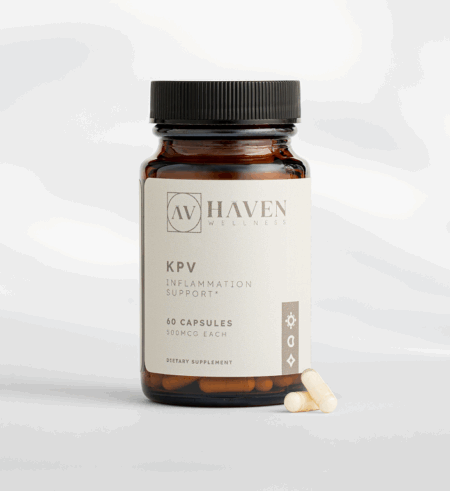
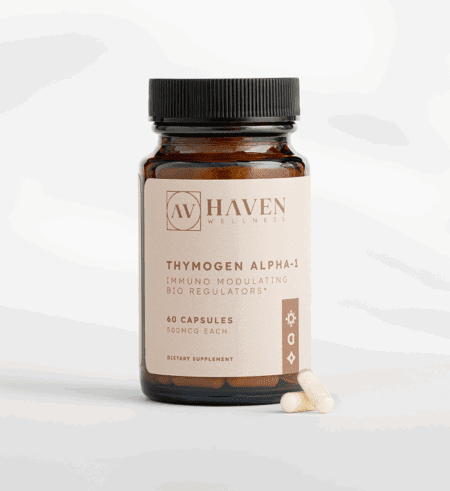
- Jordan